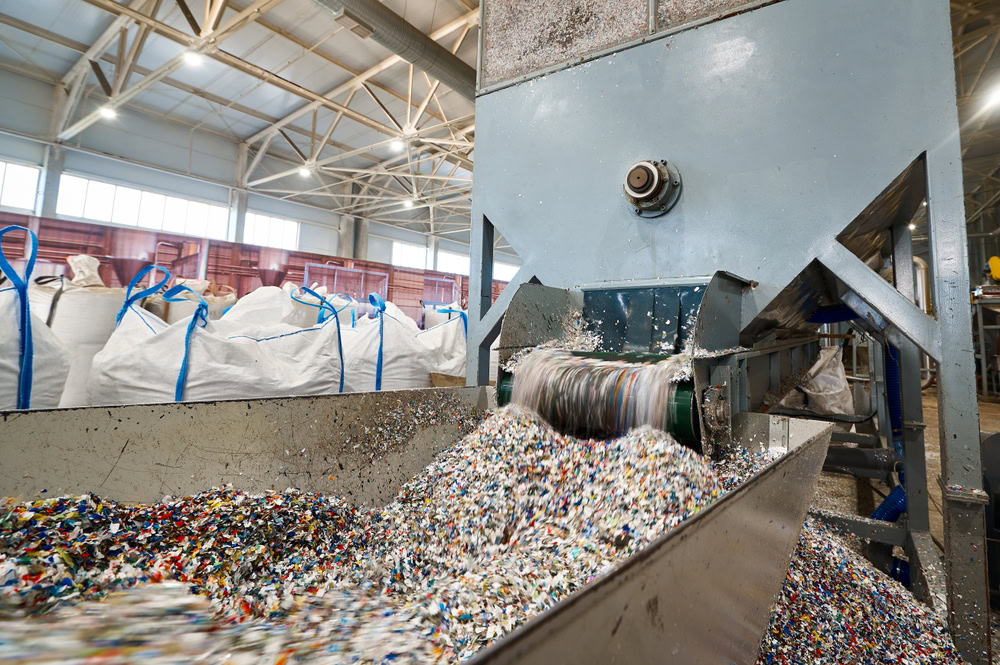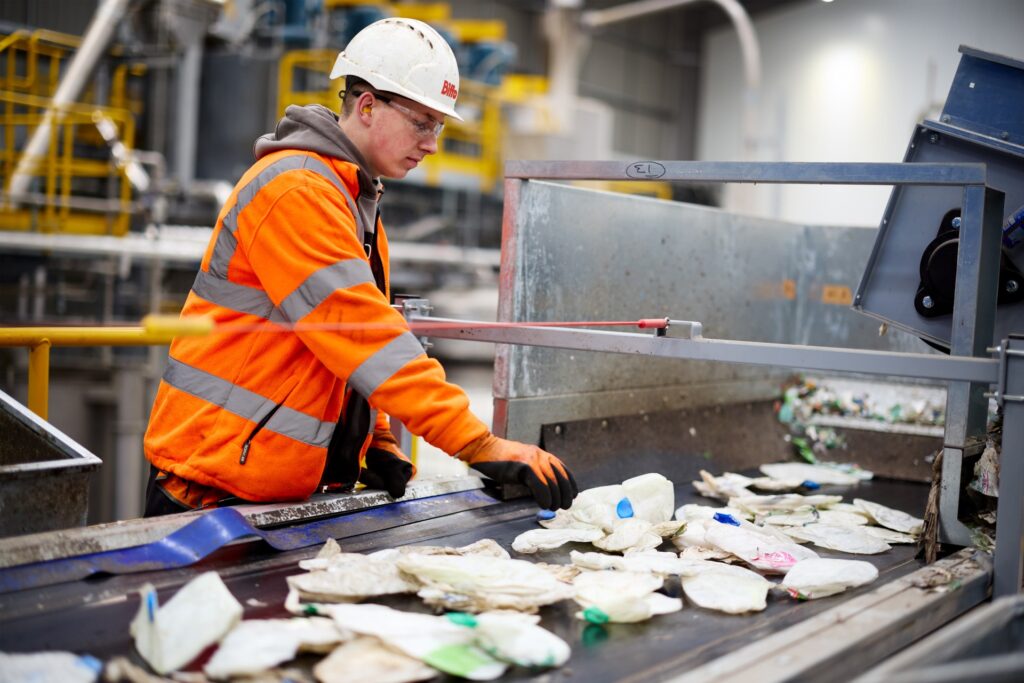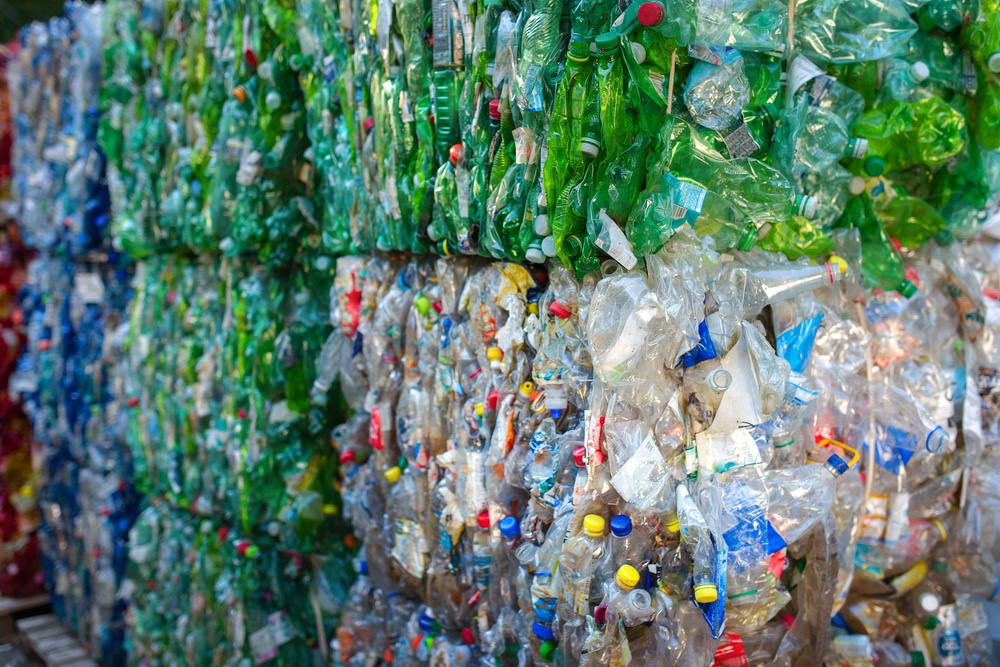According to the industry association, falling demand, rising costs and regulatory pressures continue to force facilities out of business.
PRE highlighted what it described as “a surge in low-priced imports of recycled plastics”, coupled with weak demand for EU-made recyclates, mounting economic pressures and “excessive red tape”.
It warned that by the end of 2025 Europe is likely to have lost close to one million tonnes of recycling capacity compared to 2023.
Between January and July 2025 alone, PRE noted, almost as much capacity was lost as in the whole of 2024, and three times more than during 2023.
The Netherlands, Germany and the United Kingdom were singled out as being the most affected by this downward trend.
Policy recommendations
PRE has urged policymakers to act immediately to shore up demand for EU recyclates and prevent further closures.
Its recommendations include:
- Trade and market defence mechanisms to counter low-priced imports
- Consistent extended producer responsibility (EPR) rules
- Strict third-party certification and harmonised penalties for non-compliant materials
- Access to inexpensive, clean energy to alleviate economic pressures on recyclers
- A reduction in permitting delays and bureaucracy
- Strengthened customs controls and targeted incentives for new investment to help restore the sector’s competitiveness
Commenting on PRE’s statement, James McLeary, Managing Director of Biffa Polymer, said: “The UK must act now to protect its recycling infrastructure, workforce, and environmental commitments.
“DEFRA’s recent consultations are promising, but without swift legislative follow-through, the UK risks falling behind.”
Gavin Graveson, CEO of Veolia UK, added: “At this critical time for the plastics recycling industry, with a number of players exiting the market due to low end market demand and macroeconomic concerns, it is crucial that the UK has innovative domestic recycling facilities.
“We would welcome the UK Government’s support in maintaining this momentum with the right incentives, including a timely and meaningful escalation of the current Plastic Packaging Tax.”
Turbulence in UK plastics recycling
The warning comes as the UK plastics recycling market continues to experience turbulence.
In recent months, several closures have hit the sector, while a smaller number of new plants are coming on stream.
Viridor announced earlier this summer that it would close its Rochester plastics recycling facility, which followed the confirmed closure of its Avonmouth facility in December 2024.
Biffa also closed its Sunderland plastics recycling plant in July 2025, which had an annual processing capacity of 39,000 tonnes for High-Density Polyethylene (HDPE) and polypropylene (PP).
These closures have reduced domestic reprocessing options for HDPE and PP in particular, whilst investment is funnelling into new polyethylene terephthalate (PET) recycling facilities.
This includes Veolia’s £70 million facility at Battlefield, Shropshire, which is expected to process 80,000 tonnes of food-grade PET annually when operations begin in early 2026.
Enviroo has also secured funding for a 35,000-tonne PET recycling facility at Ellesmere Port, due to be operational by 2027.
Plastics market conditions
The wider market has been subdued in August, with trading volumes and prices following seasonal trends, which have been compounded by the facility closures.
Prices for certain grades have softened due to an abundance of available material, particularly PET, which typically sees weaker demand during the summer months.
Across Europe, recyclers are also contending with low virgin polymer prices, which are putting margins under further strain.
Industry sources say the plastics packaging recovery note (PRN) remains a stabilising factor, with prices holding steady at around £150 per tonne.









Subscribe for free